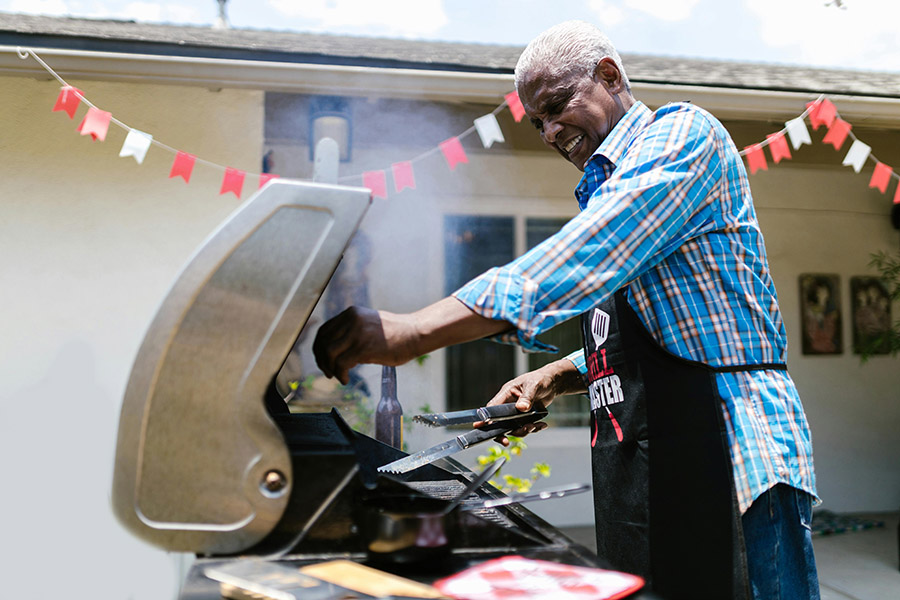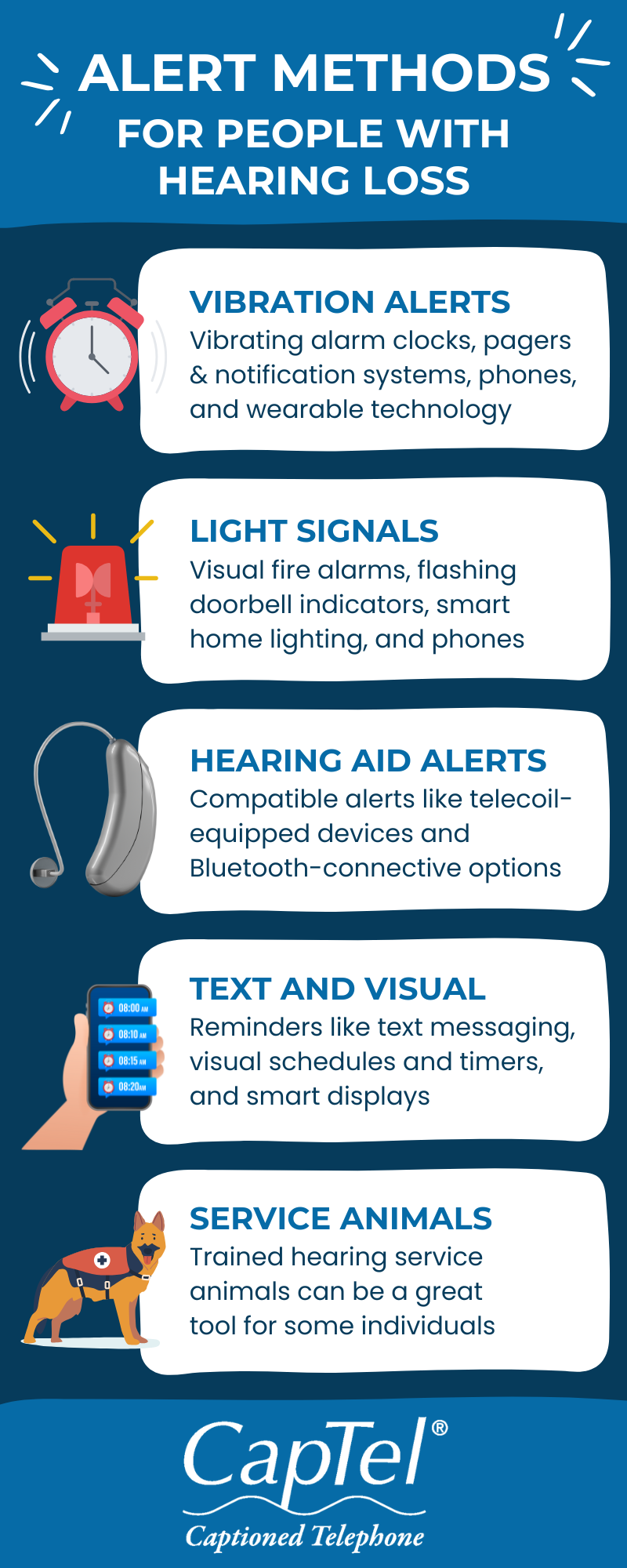Previously, it was thought that hearing loss induced by loud explosions was permanent. However, a new clinical study from researchers at Stanford University School of Medicine found that this type of single incident hearing loss might be somewhat reversible if treated early.
Before, researchers thought that the very delicate cochlea was always damaged in a loud explosion. However, a research team led by Dr. John Oghalai, a professor of otolaryngology, found that this assumption was likely due to outdated imaging techniques. In fact, many times, the cochlea is undamaged while the nerve- and hair-cells are damaged instead. This type of hearing loss or tinnitus affects 28 percent of all U.S. veterans, many of whom need assistive listening devices due to exposure to roadside bombs or gunfire. Lay people can also experience this type of hearing loss from loud fireworks or being exposed to the noise of a deployed airbag in a car crash.
But Dr. Oghalai said that new understanding of how this hearing loss unfolds means there’s hope in reversing some of its effects. Using a mouse model, he and other researchers found that much of the hearing loss due to a loud explosion takes place over time and is caused by the body’s immune response to its injured hair-cells and auditory nerve-cells, including the gradual development of scar tissue that gets in the way of the vibration necessary to hear:
“There is going to be a window where we could stop whatever the body’s inflammatory response would be right after the blast,” Oghalai said. “We might be able to stop the damage.”
Oghalai said he is hopeful that a new treatment could be developed as soon as next year. This promising research is increasingly important as more and more soldiers return from the war with injuries related to large explosions.
CapTel Captioned Telephones are available free to veterans with hearing loss through a special program. Visit HerosWithHearingLoss.org for details.


